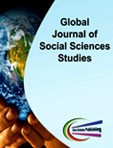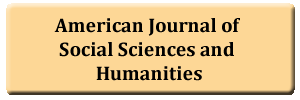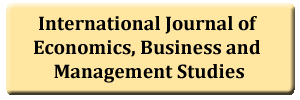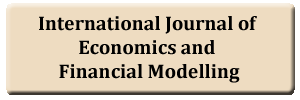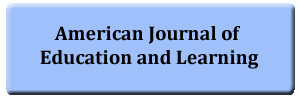John Dewey’s Experimentalism Philosophy and its Claim to the Kenyan Education System
DOI:
https://doi.org/10.20448/807.4.1.30.38Keywords:
Education, Dewey, Pragmatism, Curriculum, Democratisation.Abstract
Dewey as a philosopher of education remains a landmark both in his ideas and teachings about education and philosophy in general. The inquiry into Dewey’s pragmatic approach in education is gradually justified by profound interest regarding the type of education that is offered currently in Kenya. This study sought to establish whether Kenyan education system is governed by the attributes of John Dewey’s pragmatic philosophy, and, if such attributes indeed exists, whether they have been implemented in the education curriculum. The study was triggered by the tendency of the Kenyan education system to dissociate academic from practical skills. Dewey main reiteration was that a good education involves the acquisition of both theoretical knowledge and practical skills. The findings of the study have shown that Kenya has tried to integrate the Dewey pragmatic approach especially in the socialization and democratization of the education system. However, the pedagogical approaches proposed by Dewey have not been fully integrated in the Kenyan classrooms especially in the early childhood, primary and secondary education stages. Hence, the study has proposed areas that need to be fostered so as to achieve an integral education based on the Dewey’s pragmatic approach which is able to respond to the present society.

